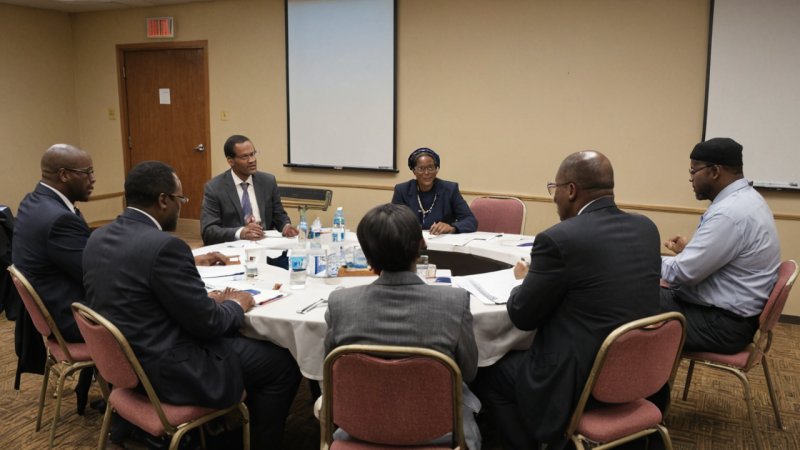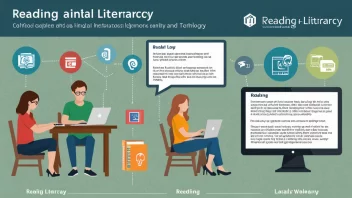Across the globe, religious organizations serve as vital catalysts for community empowerment and development. These institutions not only provide spiritual guidance but also actively participate in addressing social issues, promoting well-being, and fostering resilience among communities. This article delves into how faith-based initiatives contribute to community development and highlights ways individuals can engage with these transformative efforts.
At the core of many religious organizations is a commitment to service and compassion. This ethos drives them to respond to the pressing needs of their communities, especially in times of crisis. For example, following natural disasters, religious organizations often lead relief efforts, providing food, shelter, and medical assistance to affected individuals. Their established networks and trusted presence in communities enable them to mobilize resources quickly and effectively. This responsiveness not only alleviates immediate suffering but also lays the groundwork for long-term recovery and rebuilding efforts.
In addition to disaster relief, religious organizations play a crucial role in poverty alleviation. Many faith-based groups operate food pantries, clothing drives, and financial assistance programs designed to support low-income families. These initiatives not only address basic needs but also empower individuals to regain their footing and pursue opportunities for advancement. Furthermore, religious organizations often advocate for systemic changes to address the root causes of poverty, working alongside community members to promote policies that support economic equity and social justice.
Education is another significant area of impact for religious organizations. Many faith communities invest in educational programs that cater to children and adults alike. These programs include after-school tutoring, adult literacy classes, and scholarship funds for higher education. By providing access to education, religious organizations help break the cycle of poverty and empower individuals to achieve their full potential. This investment in human capital not only benefits individuals but also strengthens the community as a whole.
Health and wellness initiatives are also a hallmark of many religious organizations. They often provide health screenings, mental health resources, and wellness workshops to promote holistic health in their communities. By addressing both physical and mental health needs, these organizations foster a sense of community and support among members, creating an environment where individuals can thrive.
Furthermore, religious organizations increasingly recognize the importance of environmental stewardship. Many have initiated programs focused on sustainability, conservation, and climate action. These initiatives often involve community clean-up days, educational workshops on sustainable practices, and advocacy for environmental justice. By engaging with environmental issues, faith-based organizations inspire community members to take action and protect the planet for future generations.
Individuals looking to contribute to these community development efforts can start by volunteering with local religious organizations. Many groups welcome volunteers for various programs, offering opportunities to serve meals, tutor students, or participate in community events. Additionally, individuals can engage in advocacy by raising awareness about social issues within their own communities, encouraging discussions, and inviting others to get involved.
In summary, religious organizations play a critical role in community development through their multifaceted initiatives that address social, economic, and environmental challenges. By harnessing the power of faith and communal action, these organizations empower individuals and create a positive impact on society. By participating in these efforts, individuals can help build stronger, more resilient communities that reflect the values of compassion and justice.
Faith as a Catalyst for Community Empowerment
Explore how faith-based initiatives empower communities through service, education, health, and environmental stewardship.






